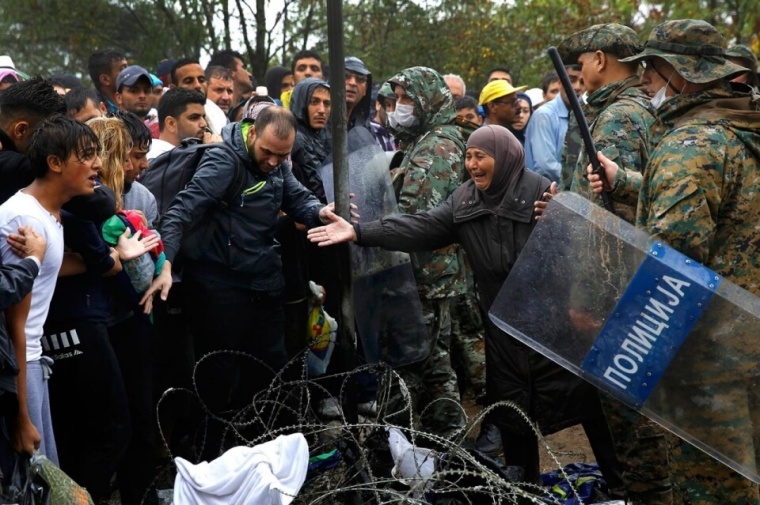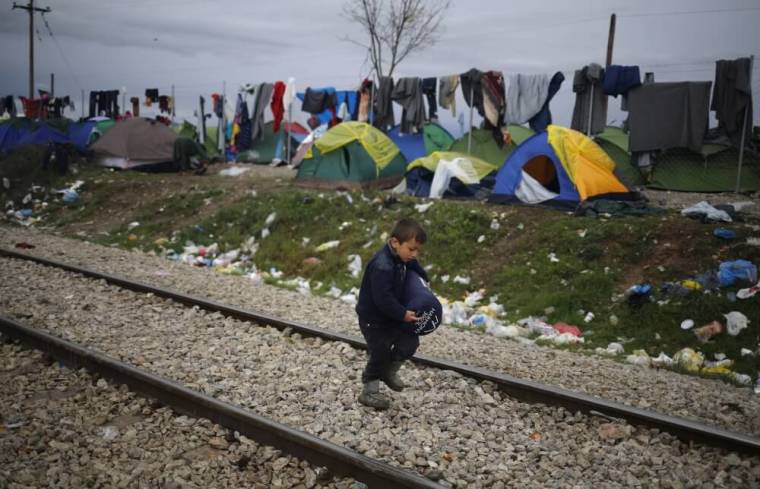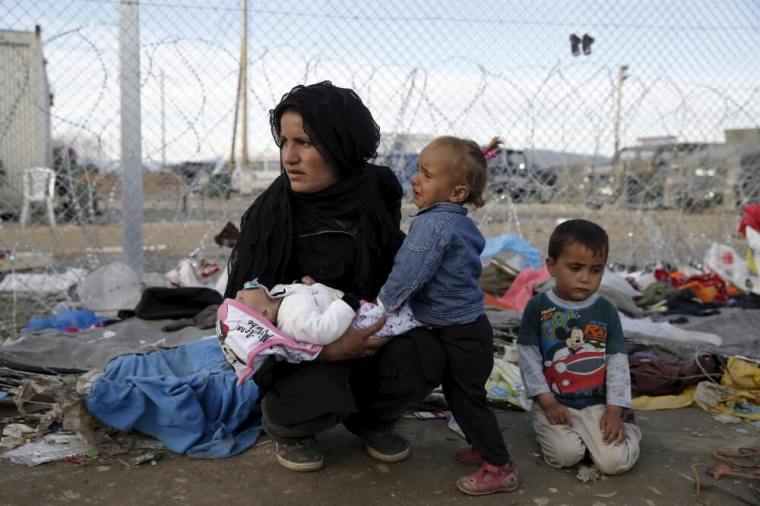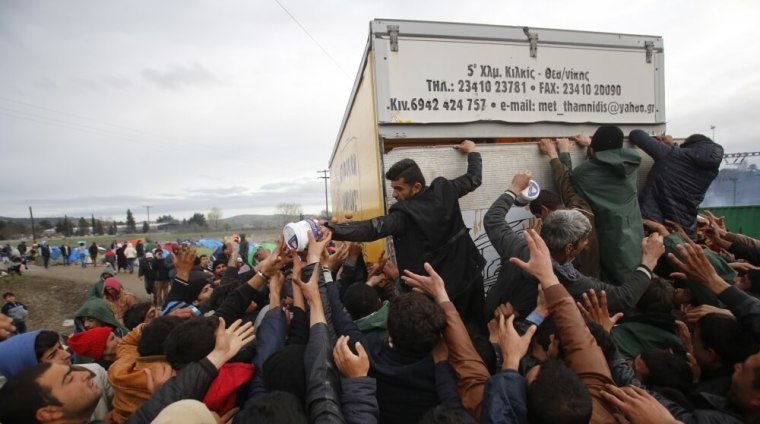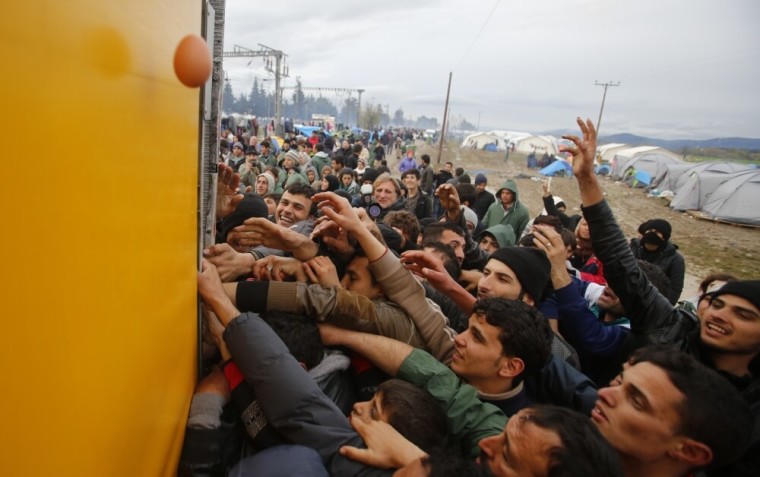EU Nations Close Borders as Tens of Thousands of Refugees Set up Makeshift Camps
Several European nations have partially shut down their borders in order to better control the overflow of refugees, which has reportedly left tens of thousands of migrants stranded, and drawn condemnation from German Chancellor Angela Merkel.
BBC News reported that Austria, Slovenia, Croatia, Serbia and Macedonia have all sought to restrict the route of migrants making their way from Greece and Turkey toward Western European states, but Merkel has argued that the development "does not resolve the problem" and would "not be sustainable or lasting."
"Personally, I think that Austria's unilateral decision, and then those made subsequently by Balkan countries, will obviously bring us fewer refugees, but they put Greece in a very difficult situation," Merkel told MDR radio Thursday.
"If we do not manage to reach a deal with Turkey, then Greece cannot bear the weight for long," she added.
"That's why I am seeking a real European solution, that is, a solution for all 28 [EU members]."
Carlotta Sami, a spokeswoman for the UNHCR, the United Nations' refugee agency, said those seeking to make their way through Europe will find alternative paths and won't be stopped by the border closings.
"We do not think that the closure of the [western Balkan] borders will stem the flow," Sami said.
"If this route closes, we will have new routes with new problems. We are preparing for an increase through Libya, Bulgaria, Turkey to Italy, Libya to Italy — and there is the possibility of more people crossing to Spain."
Greece has complained that with hundreds of thousands of refugees stuck in Greece with nowhere to go, the economy is experiencing heavy strain.
"The refugee crisis creates significant problems for the Greek economy and growth," OECD Secretary-General Angel Gurria told reporters in Athens, according to Reuters.
"Greece needs to receive substantial support to deal with this new challenge. No single country can address this challenge on its own," he added.
As many as 41,000 refugees and migrants are believed to be stranded in Greece, with the European Union pledging 700 million euros as part of an aid program to help the Balkan country.
Close to 10,000 of those refugees are stuck on the Greek-Macedonian border, living in squalid conditions, according to The Guardian. At least 200 have applied for asylum in Greece, giving up hope on moving further on up into Europe.
The EU and Turkey have meanwhile agreed on a plan that would send back all Syrian migrant arriving in Greece from Turkey, and for each person returned, a Syrian in Turkey will be resettled in the EU.
The deal has not yet been adopted, however, and talks are expected to continue on the issue throughout the month.
In total over a million migrants crossed into Europe last year, many of them fleeing civil war and terrorism in Syria and the surrounding region.
There have been warnings by top officials that the Islamic State terror group might be exploiting the crisis, and using the flow of migrants to spread its fighters into Europe.
"I think every refugee flow needs to be looked at with an eye toward it could be taken advantage of by those who seek to do us harm," NATO's top general Philip Breedlove said last week.










